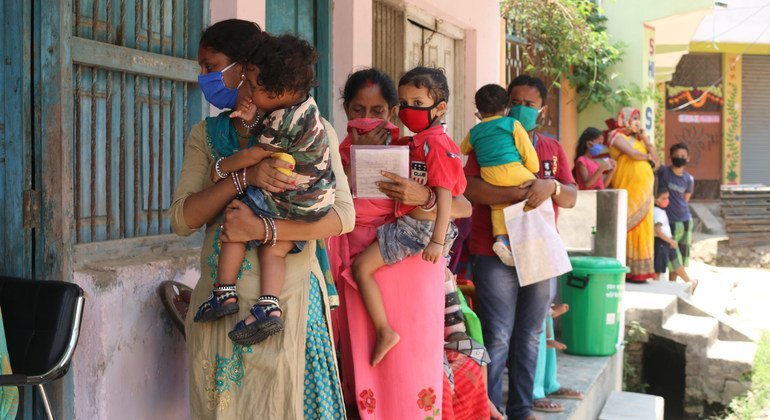The global spending on health has been a topic of concern as a recent report titled “Global Spending on Health: Emerging from the Pandemic” has shown a reduction in per capita government health expenditures in 2022 across all income groups. This decrease follows a surge in spending during the early years of the COVID-19 pandemic. The report highlights a concerning trend that undermines progress towards Universal Health Coverage (UHC), a goal enshrined in the Sustainable Development Goals (SDGs).
Universal Health Coverage Day, celebrated this year, emphasizes the urgent need for governments to prioritize financial protection and ensure access to essential health services for all without risking financial hardship. The statistics paint a grim picture, with 4.5 billion people worldwide lacking access to basic health services and 2 billion experiencing financial hardship from healthcare costs. The high price of medical care often forces individuals to make impossible choices between vital treatments and necessities like food and housing.
These challenges disproportionately affect vulnerable populations, including women, children, and adolescents, who face the greatest barriers to healthcare access. Tedros Adhanom Ghebreyesus, the WHO Director-General, emphasized that while access to health services has been improving globally, the cost of utilizing those services is driving more people into financial hardship or poverty. Universal Health Coverage Day serves as a reminder that health for all means everyone should be able to access the health services they need without facing financial hardship.
The cost of inaction in terms of reduced government health investments can have far-reaching consequences. Without sufficient funding, health systems become fragile, leaving populations vulnerable in both their routine health needs and during crises such as the COVID-19 pandemic. The pandemic highlighted the crucial connection between UHC and health security, emphasizing the need for resilient health systems that can protect everyone, everywhere.
Investing in health is not just a moral imperative but also an economic one. Access to affordable healthcare can improve workforce participation, boost productivity, and foster social cohesion. Conversely, when healthcare costs force individuals into poverty, the economic ripple effects can be devastating. This underscores the importance of prioritizing health funding in national budgets to ensure that everyone has access to equitable and affordable healthcare.
Since the UN General Assembly’s endorsement of UHC in 2012, global leaders have reaffirmed their commitments in multiple declarations. However, financial protection has worsened over the last two decades. Advocates are calling on governments to meet their commitments by prioritizing health funding in national budgets. The theme for the 2024 UHC Day, “Health: It’s on the Government,” highlights the crucial role of governments in ensuring equitable and affordable healthcare for all.
Advocates are urging leaders to protect the poorest and most vulnerable from impoverishing health costs and to ensure that no one has to choose between healthcare and basic needs. By prioritizing health funding and investing in resilient health systems, governments can work towards achieving Universal Health Coverage and ensuring that everyone has access to essential health services without facing financial hardship.









